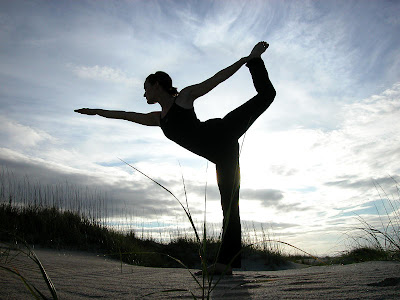
• Register so the State Department can better assist you in an emergency: Register your travel plans with the State Department this will help us contact you if there is an emergency.
• Sign passport, and fill in the emergency information: Make sure you have a signed, valid passport, and a visa, if required, and fill in the emergency information page of your passport.
• Leave copies of itinerary and passport data page: Leave copies of your itinerary, passport data page and visas with family or friends, so you can be contacted in case of an emergency.
• Check your overseas medical insurance coverage: Ask your medical insurance company if your policy applies overseas, and if it covers emergency expenses such as medical evacuation. If it does not, consider supplemental insurance.
• Familiarize yourself with local conditions and laws: While in a foreign country, you are subject to its laws.
• Take precautions to avoid being a target of crime: To avoid being a target of crime, do not wear conspicuous clothing or jewelry and do not carry excessive amounts of money. Also, do not leave unattended luggage in public areas and do not accept packages from strangers.




 Turn off your computer when it isn't being used. Each computer consumes about 150 watts. About 30 to 40 per cent of personal computers and printers are left running at night and on weekends. These machines are idle as much as 90 per cent of their workday. Switching computer equipment on and off will not damage the components.
Turn off your computer when it isn't being used. Each computer consumes about 150 watts. About 30 to 40 per cent of personal computers and printers are left running at night and on weekends. These machines are idle as much as 90 per cent of their workday. Switching computer equipment on and off will not damage the components.

